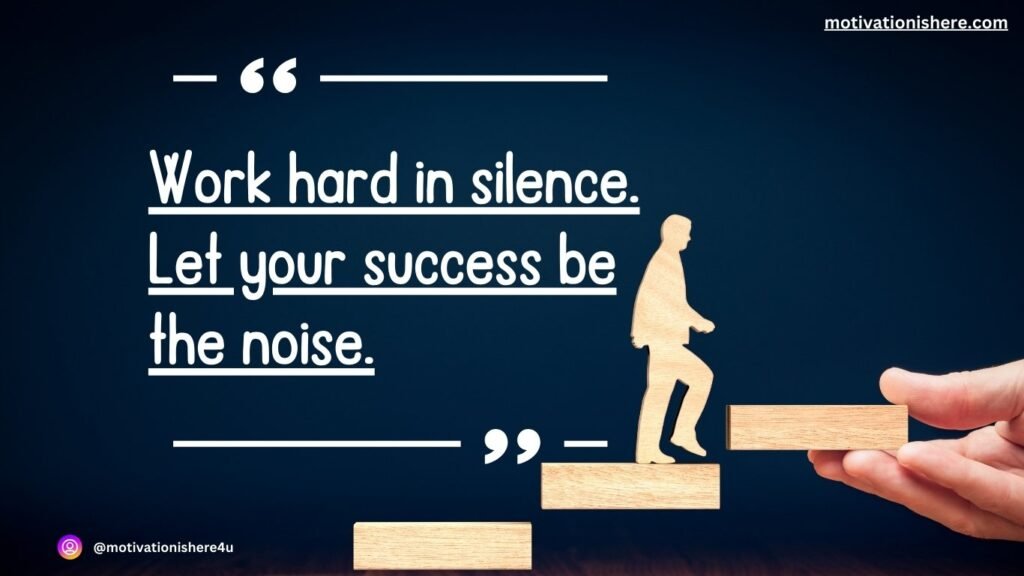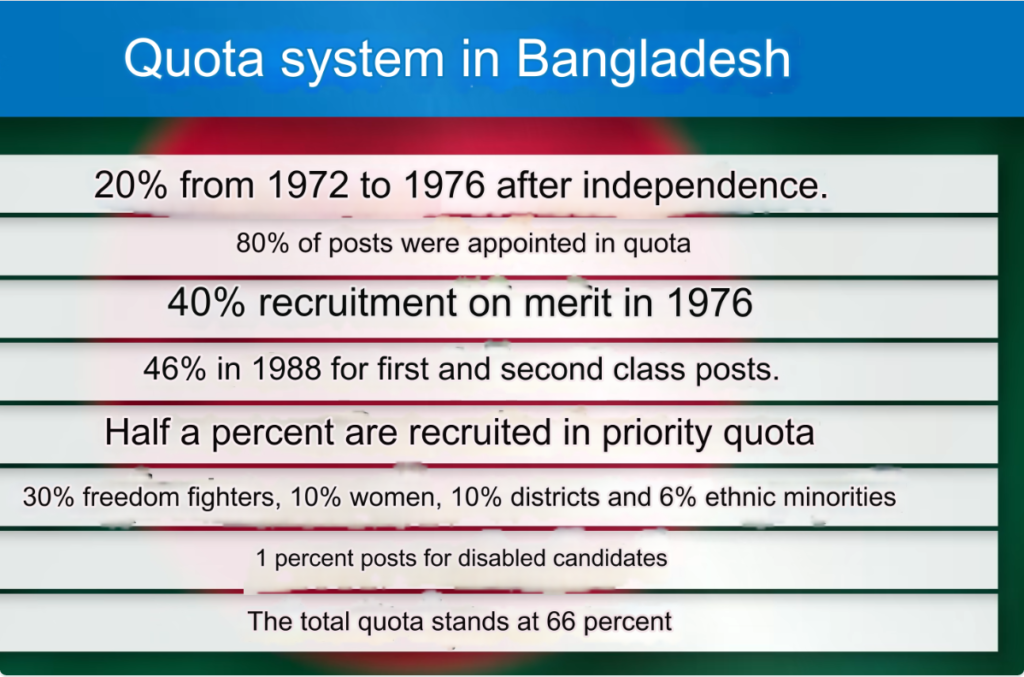
- Changing your life doesn’t only require promoting good habits, it is also essential to pinpoint and eliminate bad habits. There are some common activities that we tend to do and prevent ourselves from reaching where we are supposed to be. If you’re ready for a change, you need to get rid of these eight habits, although they seem harmless but have a negative impact on your progress. Be rest assured that all the changes you have been expecting in such cases will not happen in a hundred years. now stop these 8 habits
"Bad habits are like chains that are too light to feel until they are too heavy to break."
1. Procrastination
Procrastination is one of the most common and destructive habits that holds people back. When you delay important tasks, you create an overwhelming backlog that increases stress and makes achieving your goals more difficult. Procrastination often stems from fear of failure or perfectionism, but delaying action only leads to greater anxiety and lower productivity in the long run.
How It Affects You:
- Increases stress and anxiety as deadlines approach.
- Leads to poor time management and missed opportunities.
- Decreases overall productivity and hampers long-term success.
How to Fix It:
- Break large tasks into smaller, manageable steps to make them feel less overwhelming.
- Set clear, achievable deadlines for each step and commit to them.
- Use time-management tools like the Pomodoro technique or time-blocking to maintain focus and productivity.
2. Neglecting Your Health
There is simply no denying that everything you do rests on your physical and mental health. There are so many ways in which a person can neglect one’s health that it is hard for one to pay attention, stay inspired, stay positive and so on. Eating poorly, not exercising enough or not sleeping enough, are common health deterioration choices that only worsen the situation. One’s Taste in certain foods can add to chronicle strains and fatigue that would otherwise have been withheld from the body, hence expediting harboring other areas of life.
How It Affects You:
- This leads to a low energy state making one’s activity on tasks undertaken become extremely unsatisfactory.
- Burnouts, anxieties and other associated long-term illnesses are very likely to pop up.
- Makes you not to be satisfied with your emotions and even your life in general.
How to Fix It:
- You can try to improve your diet, increase your physical activity, and drink more water gradually.
- Set necessary duration of sleep, seven hours especially at night and nine hours can be done for instance during daytime resting.
- Sustaining the mind and body imbalance requires practicing for instance, breathing and yoga techniques, meditations, stress exhausting skills and many others that decrease stress and raise calmness.
3. Living in the Past
Living in the past—constantly dwelling on previous mistakes, failures, or regrets—prevents you from fully embracing the present and making meaningful progress toward the future. When you focus too much on what could have been, you rob yourself of the opportunity to grow, learn, and create new experiences that shape a better tomorrow.
How It Affects You:
- Creates a mindset of guilt, regret, and self-doubt, which stifles personal growth.
- Prevents you from seeing new opportunities for success and fulfillment.
- Causes emotional and mental stagnation, keeping you stuck in a negative loop.
How to Fix It:
- Practice mindfulness to stay grounded in the present and focus on what you can control now.
- Learn to accept the past for what it is and use it as a source of valuable lessons, not regret.
- Set forward-thinking goals that align with your current values and aspirations to foster a positive, growth-oriented mindset.

4. Perfectionism
has its own spectrum as it can motivate an individual to put in their best but in the long run it goes towards stagnating any progress. It appears that people have unreasonably high expectations of themselves which only leaves frustration whenever any action is taken gross postponement of action is common. There is so much pressure associated with making errors and trying to deliver works perfectly which has, in many cases, killed the desire to begin. This is detrimental to both the imagination and the progress.
How It Affects You:
- May make you idle or deliberately avoid performing some of their duties as they fear that the outcome does not live up to the high unreachable expectations.
- Results in deep dissatisfaction even to the point of self-blame and negative criticism in most cases even after a win.
- Encourages rick avoidance mentality and fearing taking actions because one may fail which results to stunted imagination and progress.
How to Fix It:
- Strive to achieve progress and change the attitude that perfection is it as improvement is a gradual process rather than an end goal.
- Figure out and pursue achievable ones and celebrate every little success that comes out of the determined ones.
- Treat mistakes and failures as part of the journey rather than the end, actually, most of them can very useful as they more times help in the creation of more.
5. Negative Self-Talk
The way you speak to yourself can make or break your confidence and motivation. Negative self-talk, such as constantly criticizing or doubting yourself, reinforces limiting beliefs and can prevent you from pursuing new opportunities. It creates a self-fulfilling prophecy where your own words keep you from reaching your full potential.
How It Affects You:
- Undermines your self-confidence, making you feel incapable of achieving your goals.
- Reinforces limiting beliefs that prevent you from pursuing growth and success.
- Leads to a cycle of demotivation and lowered self-esteem, making it harder to initiate positive changes.
How to Fix It:
- Start by recognizing when you engage in negative self-talk and challenge those thoughts with rational, positive alternatives.
- Practice self-compassion and focus on your strengths rather than dwelling on your perceived weaknesses.
- Use positive affirmations and reminders of past achievements to reinforce your belief in your abilities.
6. People-Pleasing
Although consideration of oneself is important, there is a downside to applying this mindset with the focus on other people, which, in turn, leads to feelings of depression and resentment. Society is always placing the welfare of people before one’s own, in this, there is the erosion of ambition, personal development and happiness. With time, this behavior will result in inadequacy, an increase in discontent, and less confidence and respect for the self.
How It Affects You:
- Burnout, emotional fatigue, and unnecessary exhaustion emanate as you overexcited in an effort to please others.
- Feeling a lot of resentment because you have needs that are not the whole that it is addressed to.
- Helpless in that you cannot direct your sights on your wishes and aspirations towards your personal evolution.
How to Fix It:
- Please understand that there will be times when you will have to reject a request and stick by it to establish some workable limitations.
- Appeal to your own needs interests and well-being instead of seeking approval from other people.
- Taking care of some needs in this instance self: you must always remember the phrase, ‘you cannot pour from an empty cup.’ You take care of yourself to take care of others.
7. Constantly Comparing Yourself to Others
Comparing yourself to others is a fast track to dissatisfaction. In today’s social media age, it’s easy to see the curated, perfect moments of other people’s lives and feel like you’re falling behind. However, constantly measuring your success or happiness against others distracts you from your own unique journey and achievements.
How It Affects You:
- Breeds feelings of inadequacy and low self-worth as you focus on others’ perceived success.
- Distracts you from your own progress and hinders your ability to recognize your unique strengths.
- Creates unnecessary stress, anxiety, and a distorted view of reality.
How to Fix It:
- Limit time spent on social media or unfollow accounts that trigger unhealthy comparisons.
- Focus on your personal growth and progress by setting and achieving your own goals.
- Practice gratitude by recognizing your achievements and appreciating the unique path you are on.
8. Staying in Your Comfort Zone
Staying in your comfort zone may feel safe, but it limits your opportunities for growth, learning, and improvement. When you avoid taking risks or trying new experiences, you miss out on the chance to develop new skills, meet new people, and discover your true potential. Fear of discomfort can keep you stagnant in life.
How It Affects You:
- Stagnates personal and professional development, as you’re unwilling to take on new challenges.
- Limits your ability to discover new opportunities, skills, and experiences.
- Reinforces a fear of failure, making it harder to embrace change and growth.
How to Fix It:
- Start by taking small steps outside your comfort zone, like trying a new activity or speaking up in unfamiliar situations.
- Reframe failure as a learning opportunity rather than something to be avoided.
- Continuously challenge yourself by setting goals that push you to grow, even when it feels uncomfortable.
Conclusion
Improving your life isn’t just about adopting positive new habits—it’s equally about learning to stop these 8 habits that can hold you back. Recognizing and letting go of procrastination, perfectionism, negative self-talk, and other harmful behaviors will help you clear the path to personal growth and long-term success. Remember, change takes time, but with awareness and dedication, you can genuinely improve your life and reach your full potential.





